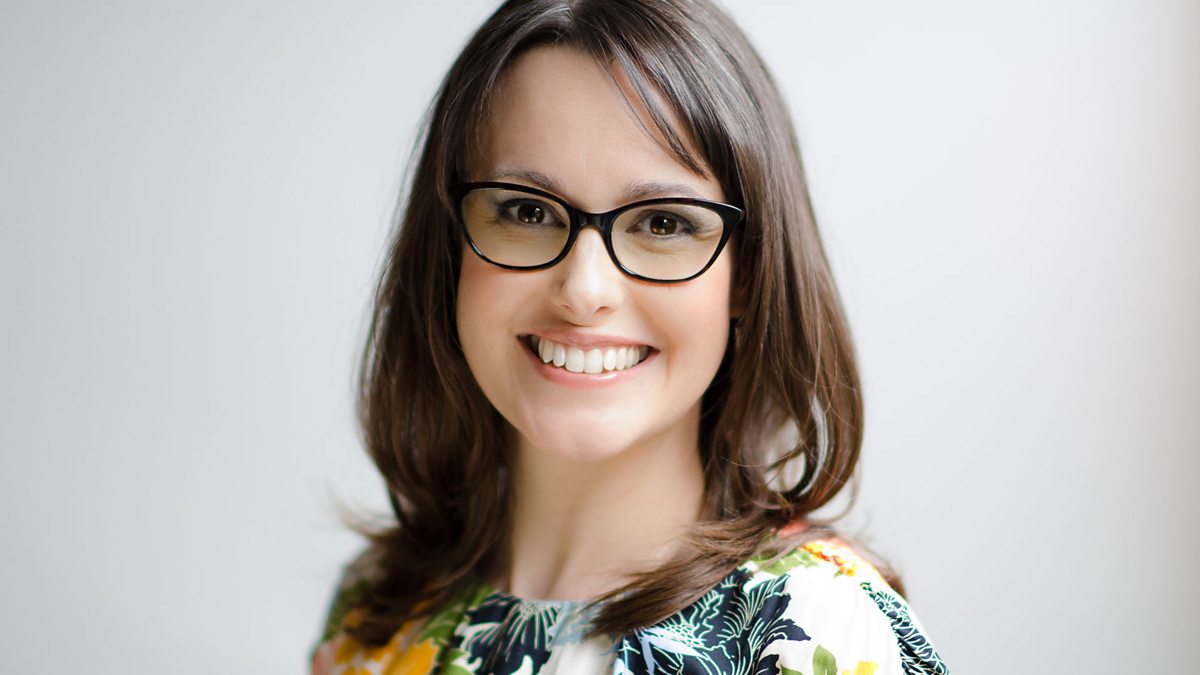Now this should be fun.
As with many early instruments (maybe especially oboes, cornetti and trumpets) the players have become astonishingly good. I remember some performances long ago...one B minor Mass in the new Coventry Cathedral...where attempts at non-valved trumpets were painful. Any HIPP performance of Bach with trumpets now just shows dazzling virtuosity. The likes of Crispian Steele Perkins (with whom I've worked) did a lot to improve things.
Here's the show details:
Hannah French joins trumpeter Simon Desbruslais at the Bate Collection in Oxford to explore some of the museum's examples of Renaissance and Baroque trumpets. Featuring music by Albinoni, Cacciamani, Bach, Telemann, Homilius, Kauffman and Hummel.
As with many early instruments (maybe especially oboes, cornetti and trumpets) the players have become astonishingly good. I remember some performances long ago...one B minor Mass in the new Coventry Cathedral...where attempts at non-valved trumpets were painful. Any HIPP performance of Bach with trumpets now just shows dazzling virtuosity. The likes of Crispian Steele Perkins (with whom I've worked) did a lot to improve things.
Here's the show details:
Hannah French joins trumpeter Simon Desbruslais at the Bate Collection in Oxford to explore some of the museum's examples of Renaissance and Baroque trumpets. Featuring music by Albinoni, Cacciamani, Bach, Telemann, Homilius, Kauffman and Hummel.

Comment